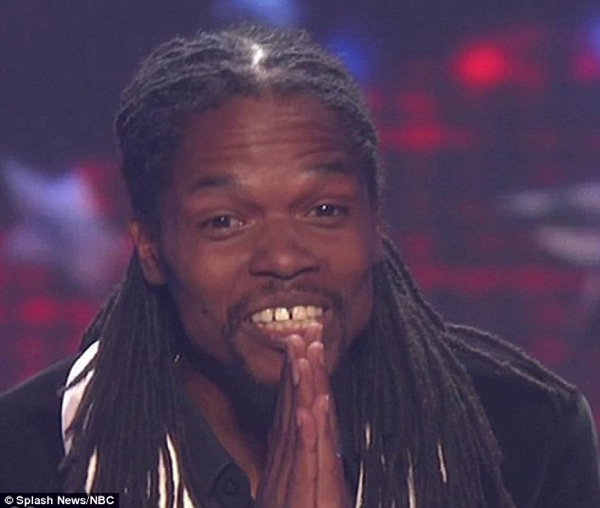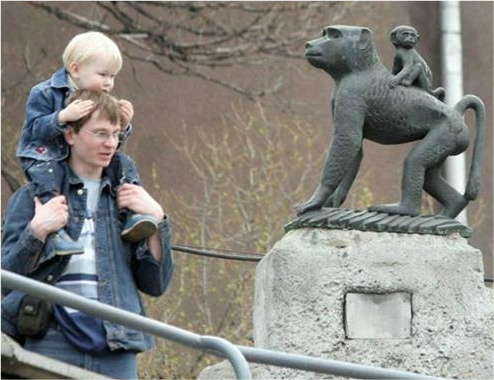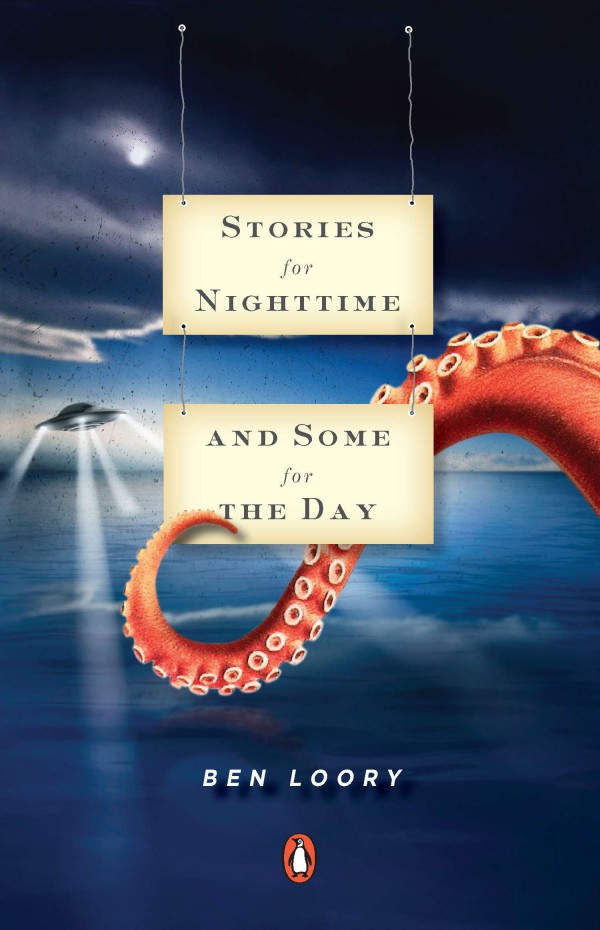
In Manhattan Murder Mystery (1993), Larry Lipton (Woody Allen) struggles to keep the telephone cord away from his face as his wife Carol Lipton (Diane Keaton) goes over the details of a recent neighbor’s death. The still does little to fully convey Larry’s frustration, but I found the best moment I could. I thought about how this humorous scene would not be possible now, as Carol would either be on her cell phone, or wireless landline — which sounds almost as ponderous as landmine. It seems so primitive to be tethered, as technology has convinced us we are free. Our cellular voices are sent to space and back, as if edited or revised by aliens. 1993 is hence immortalized, like “I will always love you,” “Creep,” and “Everybody Hurts,” which all came out the same year. I feel nostalgic towards technology quickly disgraced with time. The best moment in an early-90s movie is when someone picks up a phone the size of a toaster and puts it next to their face. HELLO? they always seem to say. In a convertible, they always seem to be driving. It isn’t his best movie, but this post is less about Woody Allen than the cultural traces we inadvertently leave behind. The way we talk. The way we sleep. Carol goes on to ask if Larry still finds her attractive, and he defensively mentions something about sex once a week, as an excuse. Some things are timeless.







